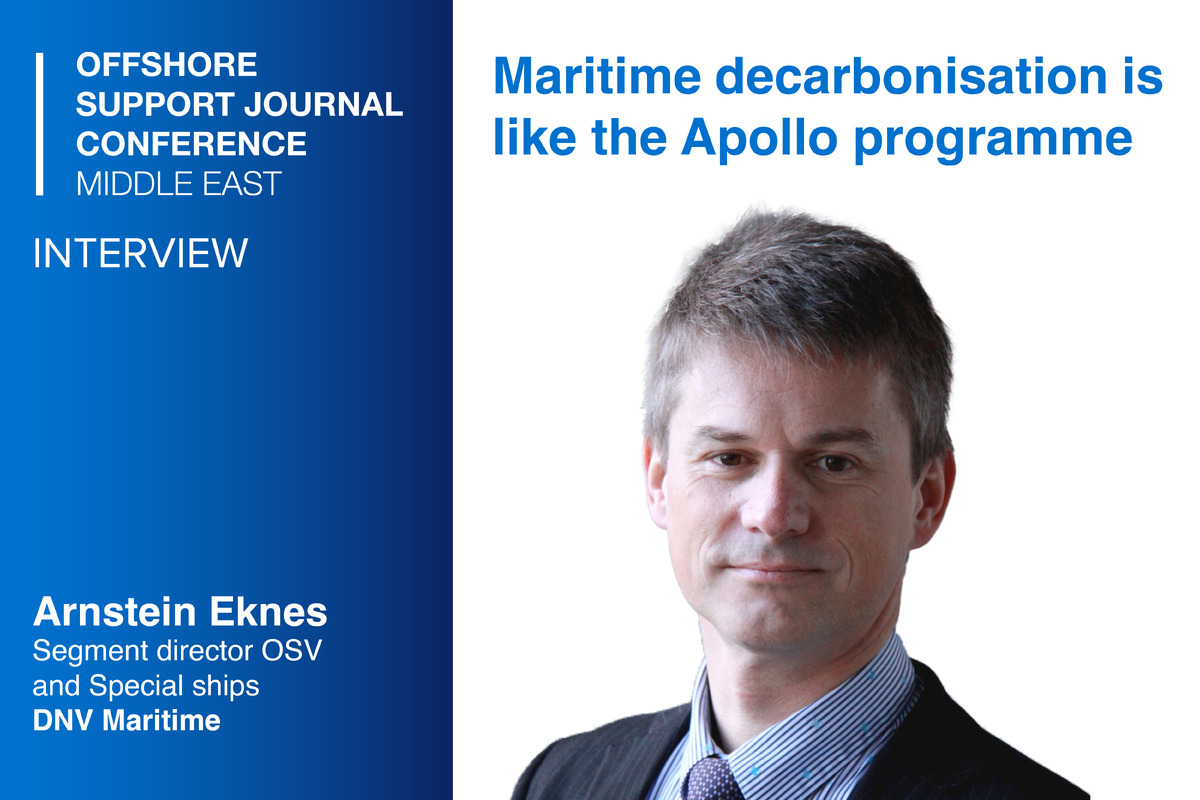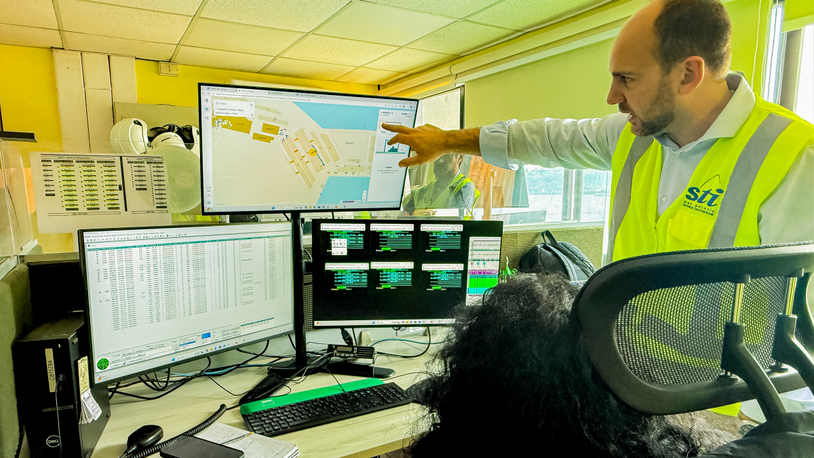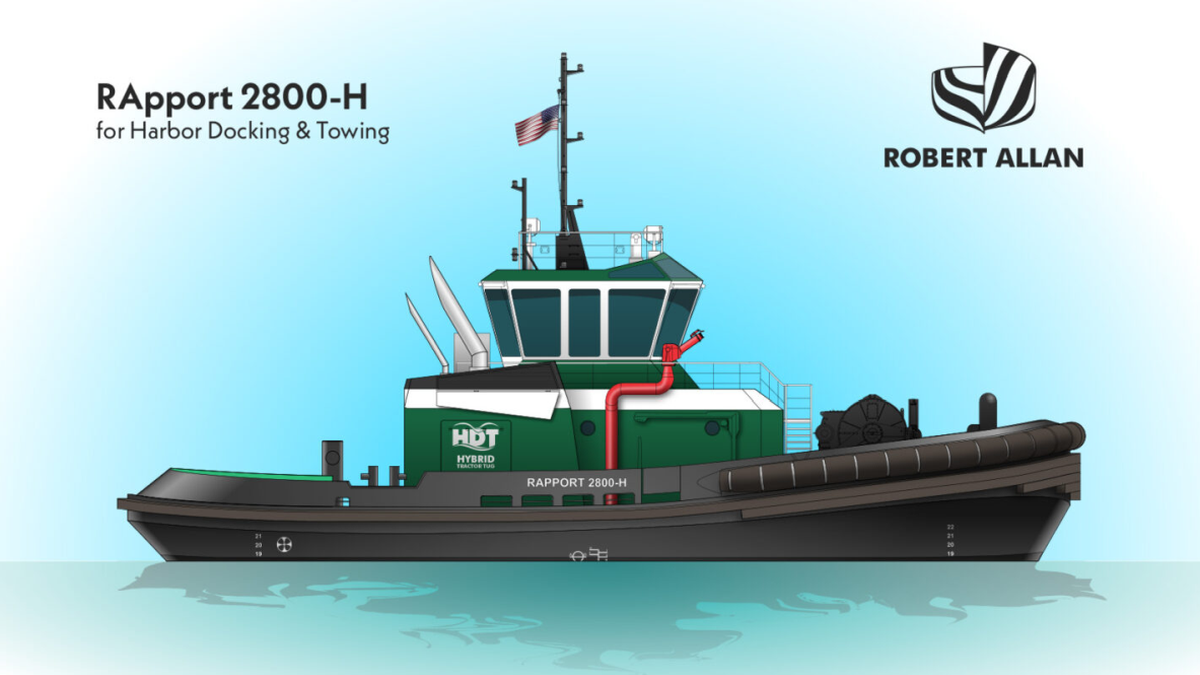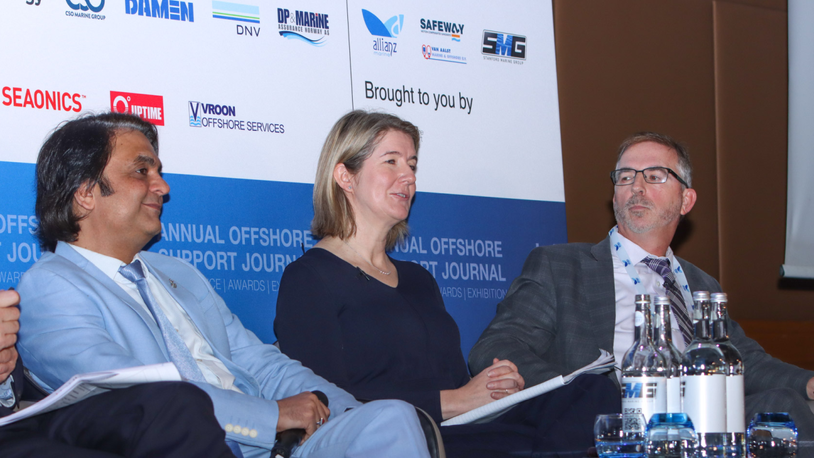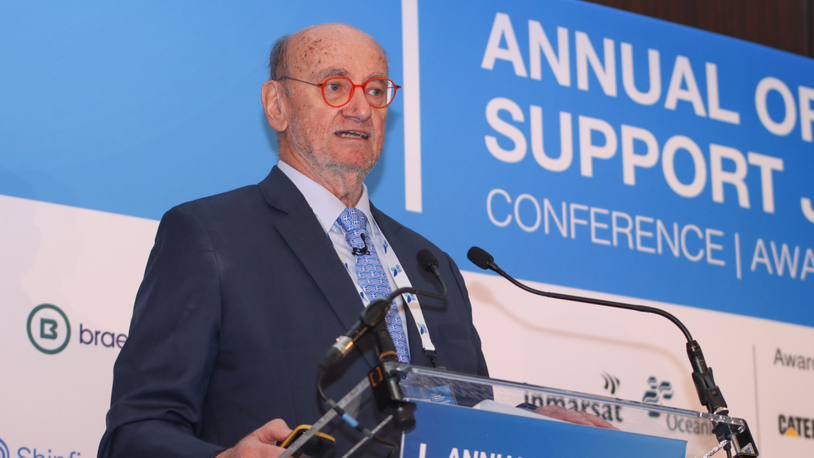Business Sectors
Events
Floating energy: successfully unlocking stranded gas using FLNGs and FSRUs
Contents
Register to read more articles.
Why maritime decarbonisation is like the Apollo space programme
Slashing emissions from offshore and marine operations should be considered a staged programme where the easy options are undertaken first, followed by those involving more complexity and cost
Maritime and offshore decarbonisation should be undertaken in a multi-stage phased process, begin with optimising existing operations, assets and voyages so they become highly efficient, thus reducing emissions.
DNV Maritime director for the OSV and special ships’ segment, Arnstein Eknes, explains the key to solving the decarbonisation challenge is data collection. He draws parallels with NASA’s Apollo space programme, where Apollo 11’s success in delivering people to the moon was built upon earlier missions.
Mr Eknes advises shipowners to speak with charterers and work in partnership when considering technologies for cutting fuel consumption in an interview at Riviera’s Offshore Support Journal Conference, Middle East, in Dubai in December 2024.
He says owners need to collect data on their operations and vessel performance, then prepare crew and investors before selecting which alternative fuel or battery technology to deploy on future vessels.
Mr Eknes also says vessel designers and system integrators play an important role in helping shipowners cut their emissions without impacting operations. He expects more OSVs will have batteries on board as part of hybrid propulsion to reduce emissions.
In the interview, Mr Eknes says class societies can identify and share best practices, potential risks and provide actions to address them for safer vessel operations.
Riviera’s Offshore Support Journal Conference, Asia 2025, the largest forum for vessel owners, designers, shipbuilders, charterers and suppliers within the OSV sector in Asia,
Events
Maritime Regulations Webinar Week
Floating energy: successfully unlocking stranded gas using FLNGs and FSRUs
© 2024 Riviera Maritime Media Ltd.


